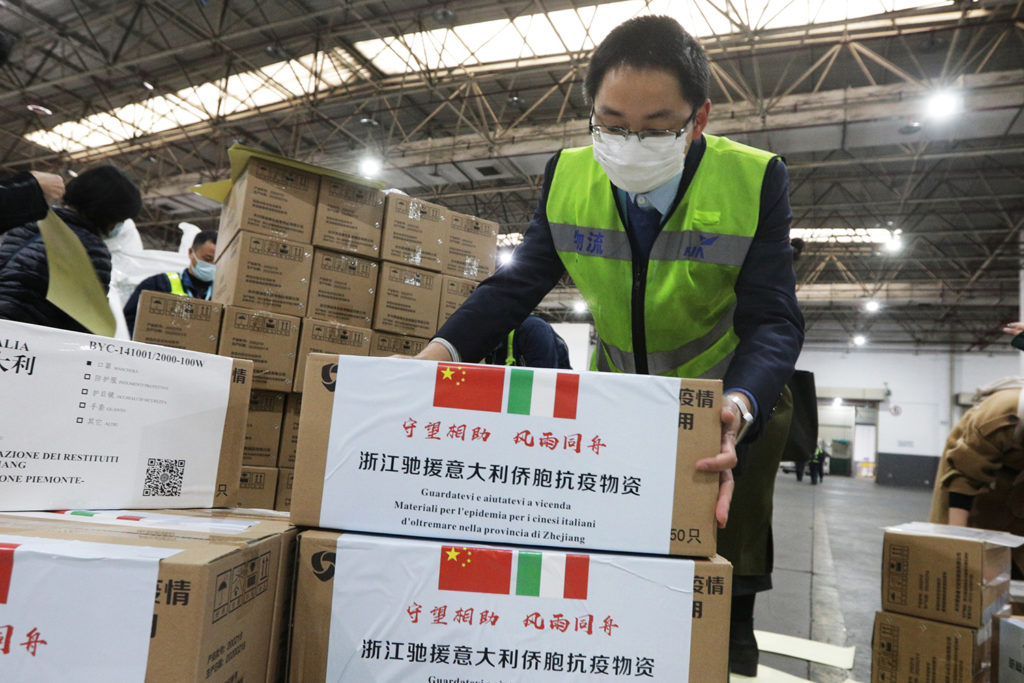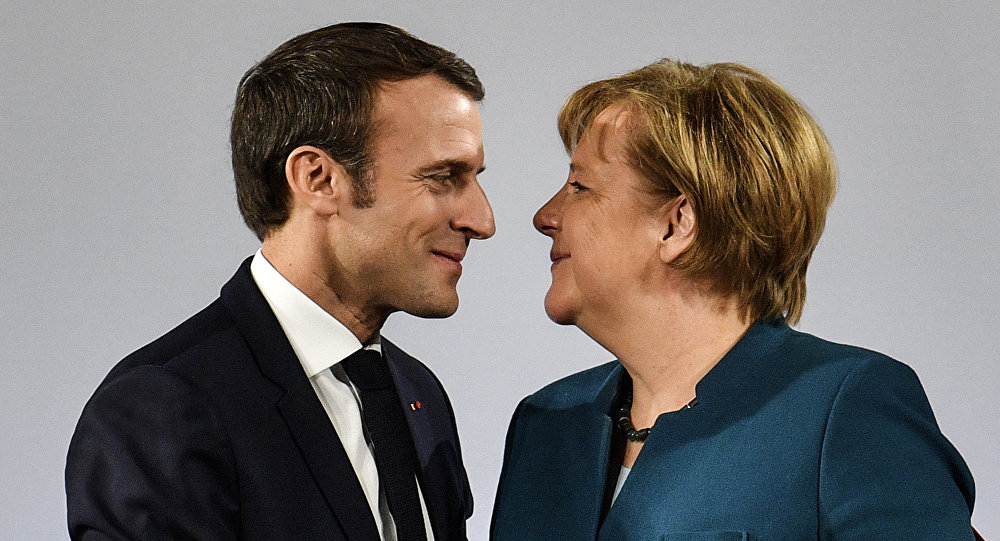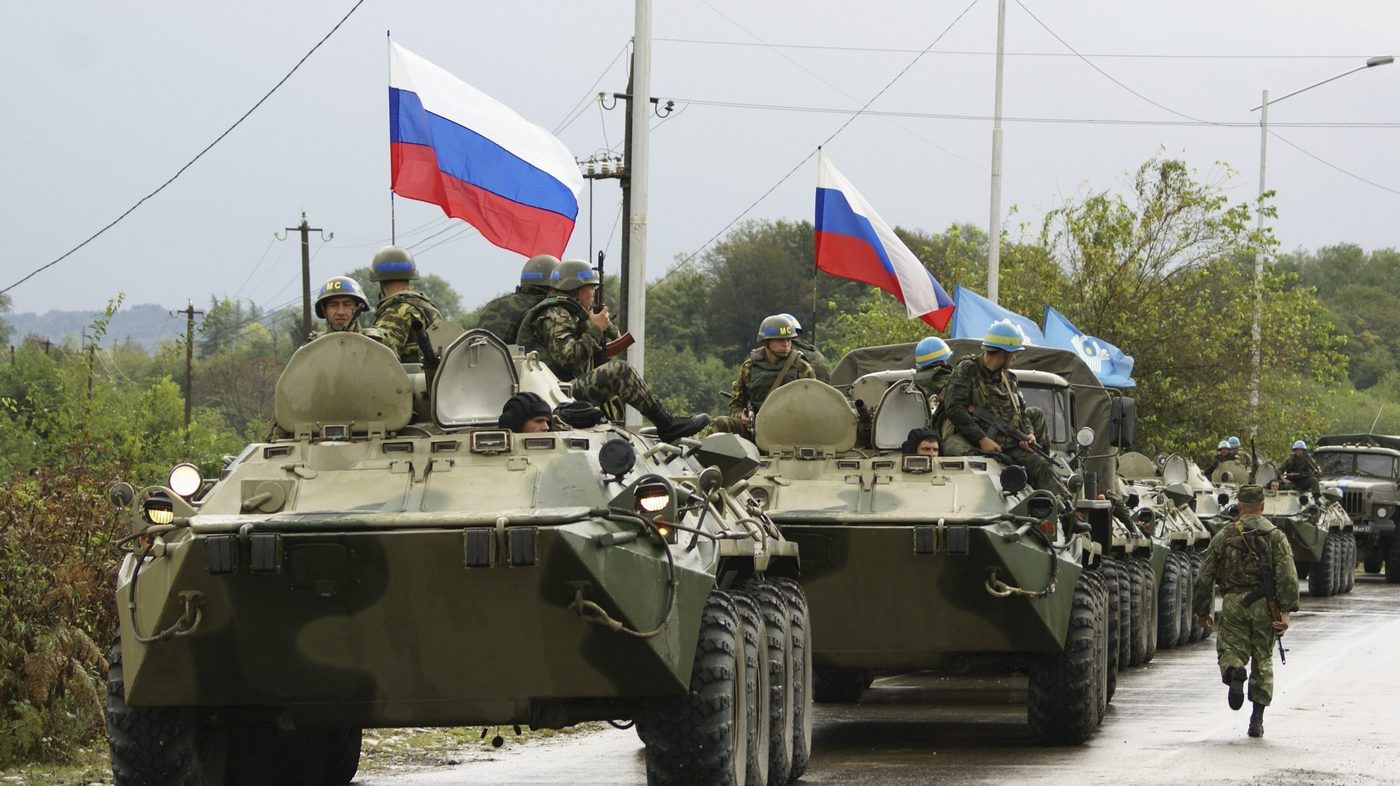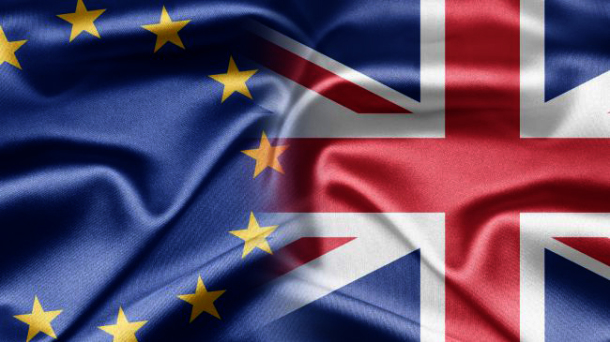by Pezhman Mohammadi

With just over 1.8 million active cases at the time of writing, COVID-19 continues to wreak havoc across the globe, rapidly changing the world we once knew. Among many other things, this pandemic has exposed the lack of solidarity and coordination within the European Union (EU), putting its future at risk. This article will look into how the EU failed to assist Italy in its hour of need.
Responsible for monitoring natural and manmade disasters, the Emergency Response Coordination Centre (ERCC) is the EU’s crisis hub. It operates by forwarding any appeals for help by member states to others in order to find volunteers that are willing to assist. However, when COVID-19 broke out in Italy, calls for help by one of the EU’s most severely hit members were widely ignored. For weeks, not a single member state provided Italy with the critical supplies it needed to combat the virus. In the face of such inaction, help arrived from non-EU states: including China and Russia. The first batch of Chinese supplies arrived in Rome on March 12. It contained over thirty tons of Intensive Care Unit equipment, as well as medical and protective supplies. Just days after, Pratica di Mare, an Italian Air Force Base, received seven Russian military aircraft loaded with medical supplies to assist Italy. Even Cuba and Albania scrambled to help.
Signs of Italian discontent with the EU came into light following a survey in late March, in which only 49% of participants claimed to be ‘pro-EU’. This figure was 64% before the pandemic hit the country. The survey also concluded that 72% of participants believed the EU had failed them in this crisis, while 77% stated that they expect a rocky relationship with Brussels in the future.
The EU’s lack of assistance, however, was not merely limited to not providing essential supplies. Following a Eurogroup meeting on 9 April, it was effectively decided that economically, too, Italy was on its own. Instead of sharing the burden of the catastrophic economic effects, the EU provided a loan from the European Stability Mechanism (MSM) to Italy which is merely dedicated to coronavirus-related health care spending. As a country on the verge of an economic collapse, this was not the concession Italy had hoped for.
The shocking numbers coming out of Italy are also a direct result of the EU enforced austerity measures on the country’s economy following the 2008 financial crisis. Italy merely lacked the funds to invest in its health care system. This, coupled with the lack of support from other member states, especially the rich Northern ones who refused to agree to the so-called ‘corona-bonds’ to mitigate the economic costs of the pandemic, will have its geopolitical and strategic implications in the long run. Italy will not forget how the Chinese and the Russians came to the rescue when its allies turned their backs. Adding insult to the injury, the US’ absence from the international arena during this crisis compounded the massive void in Europe that China and Russia have successfully filled.
Undoubtedly, the EU’s future will be questioned once this pandemic is over. The fact that Germany, as the EU’s powerhouse, and other states neglected countries like Italy will have its unintended consequences. The EU was built on the premise of avoiding conflicts and economic nationalism. The negligence that was witnessed will certainly give rise to far-right nationalist and Eurosceptic factions within the EU, which will eventually leave their marks in European politics. Putting Eurosceptics aside, concerns about the future of the Bloc have been voiced by leading Europhiles such Jacques Delors who warned of a break-up. In addition, in an interview with the BBC, Giuseppe Conte, the Italian Prime Minister, issued a stark warning. Conte stated that the European leaders were ‘facing an appointment with history’. He also added that ‘if we do not seize the opportunity to put new life into the European project, the risk of failure is real.’
Pro-EU advocates have, too, concluded that Europe’s response was selfish, imprudent, and morally questionable. In his resignation letter, Mauro Ferrari, the former president of the European Research Council (ERC) observed that ‘the COVID-19 pandemic shone a merciless light on how mistaken I had been. In a time of emergency, people, and institutions, revert to their deepest nature and reveal their true character.’ Ferrari, an idealist who once supported and cherished the idea of a United Europe, was forced out of the office by the ERC’s Scientific Council as they opposed his efforts to create a coordinated science-led response to combat COVID-19.
Nonetheless, If Italy falls, it will take its friends down with it. After all, misery loves company. However, Europe’s response to Italy or Spain brings to light a much bigger, more serious issue. How would Europe respond in the face of a bigger crisis or threat? Can member states really trust one another and rely on each other’s assistance at times of major crisis? The Head of the European Commission, Ursula von der Leyen, apologised to Italy for the lack of support and solidarity - but considering the extent of the devastation caused, it is doubtful Italians will forget Europe’s cold response any time soon.
Pezhman Mohammadi studied Intelligence and International Security (MA) at King’s College London. Following graduation, he worked within the law enforcement field for over four years. Mohammadi now works in the financial industry.





